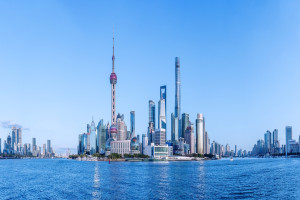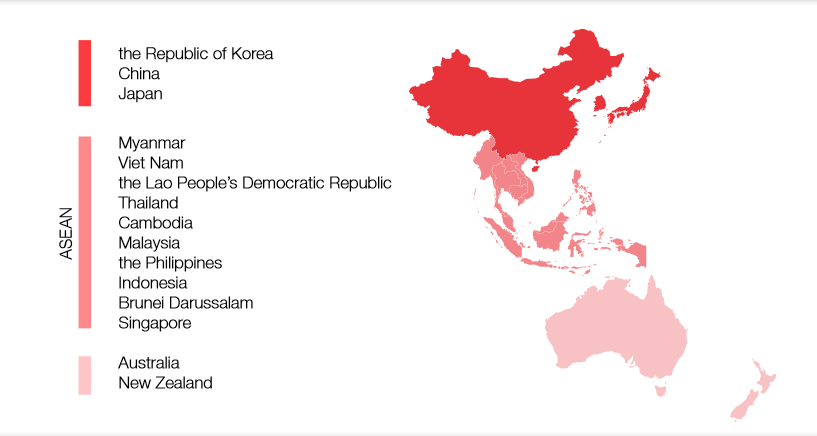
Beijing: With the Regional Comprehensive Economic Partnership (RCEP) coming into effect on January 1, 2022 in 10 countries, it marks the formal launch of a free trade area featuring the largest population, biggest economic and trade scale and greatest development potential.
The 15 members of the RCEP account for 30% of the world’s total population, economy and trade, making the RCEP the largest free trade area in the world.

With the RCEP officially coming into force, the proportion of zero-tariff products between China and ASEAN, New Zealand and other member countries has increased significantly, and we are moving toward the goal of making more than 90 percent of trade in goods eventually tariff-free. This will unleash huge potential for trade growth in the region and represent a major step forward in promoting global trade and investment liberalization and facilitation.
Also read: RCEP to emerge as world’s largest trading bloc from new year day
China today stated that the coming-into-effect and implementation of the RCEP has enabled regional countries to deepen cooperation.
In addition to tariff preferences, the RCEP has set a benchmark for economic and trade rules in the Asia-Pacific region in terms of rules of origin, customs procedures, inspection and quarantine.
The RCEP’s commitment to high-level opening-up in service trade and investment will facilitate the smooth flow of various economic factors and further consolidate and develop the industrial, supply and value chains in the region. By simplifying administrative procedures and reducing trade barriers, the RCEP will give a strong boost to regional economic integration with higher quality and at deeper levels.
“The coming-into-effect and implementation of the RCEP is a major victory for multilateralism and free trade. To achieve global economic recovery and prosperity, we must rely on multilateralism, greater openness and innovation sharing. Putting oneself first, seeking monopoly with one’s advantages and closing the door on others will only be counterproductive<‘ Chinese foreign ministry spokesperson Wang Wenbin said here.According to him, in the post-COVID era, openness and integration are the trend of the times, and multilateralism and greater openness are the right path to take.
“We must remove barriers, not erect walls. We must open up, not close off. We must seek integration, not decoupling. This is the shared voice of all RCEP members in addressing global economic governance issues.,” Wenbin said, adding that as one of the first members to formally complete the RCEP ratification process, China was committed to open regionalism.
“We uphold the multilateral trading system, promote regional economic integration with firm determination and concrete actions and boost regional trade and investment. Going forward, China will work with other parties to actively participate in the institutional building of the RCEP, jointly improve the overall implementation of the agreement and make new contributions to promoting regional prosperity and world economic recovery,” he said.
– global bihari bureau




